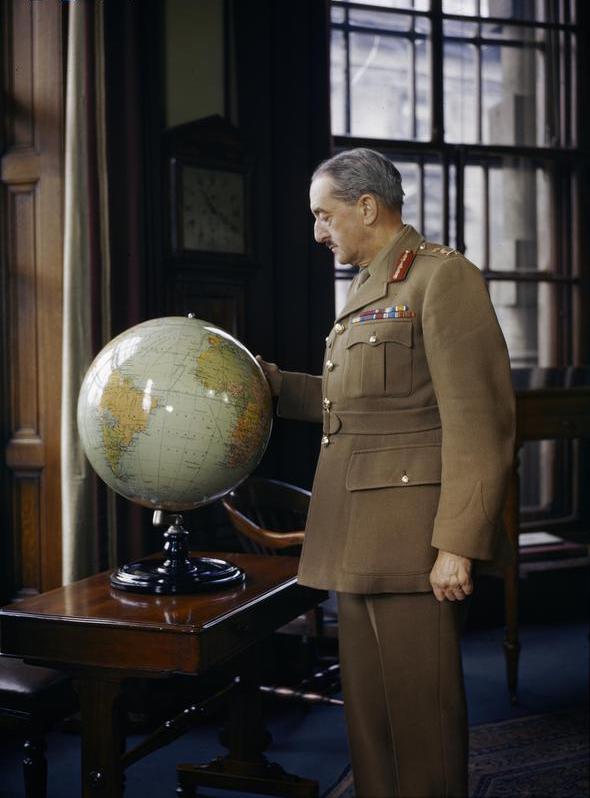The Reluctant Internationalists project examined the history of international collaboration and ambitions of medical professionals, relief workers, soldiers, policymakers and local officials in twentieth century Europe. The project ran from 2013 to 2017 and was funded by Jessica Reinisch’s Wellcome Trust Investigator Award. You can find a summary of our research findings and activities in the Final Report.
Throughout the century, concerns about public health crises (real or imagined) were primary catalysts for international solutions, structures and mechanisms, which spurred or forced policy-makers at local and national levels into international action, often reluctantly.
Uncertainties over the future of international institutions (such as the United Nations and the European Union) and the nature of international collaboration (for example in response to natural disasters such as those in Haiti, Japan and the Philippines) were a firm news staple in 2013-2017. This research project assessed the history of such concerns in the course of Europe’s long twentieth century. The international mechanisms and organisations inaugurated throughout the century often came into existence during emergency situations as a result of tough-minded decisions by military generals, politicians and their policymakers, who attempted to balance contradictory priorities and clashing agendas, and none of whom operated solely, or at all, out of idealistic causes, and often with various results. Some of their responses to medical crises and humanitarian disasters created a system of international procedures, structures, mechanisms and organisations which has continued in some form until today.
The Reluctant Internationalists was a four-year project funded by a Wellcome Trust Investigator Award and led by Dr Jessica Reinisch. The core research team comprised the full-time researchers Ana Antic, Johanna Conterio and Dora Vargha (postdoctoral researchers), and David Brydan (PhD student). In 2016-2017, the core team was complemented by Esther Kim and Siobhan Morris, who worked with us on dissemination, public engagement and external collaborations.
In addition to the core team, a key pillar of the project were our brilliant visiting fellows, who each joined us at Birkbeck for a term. They included (in reverse chronological order) Francesca Sanna, Holly Case, Heidi Tworek, Jessica Pearson-Patel, Friederike Kind-Kovacs, Brigid O’Keeffe, Francesca Piana (18 months), Elidor Mehilli and Casey Hurrell. Read more about them on our People page →

